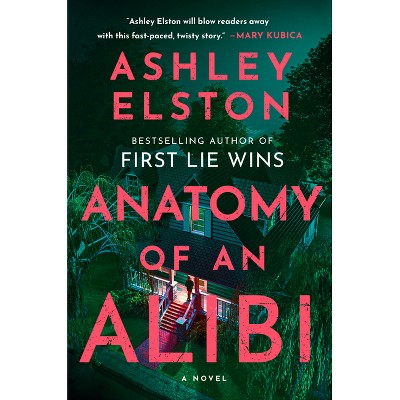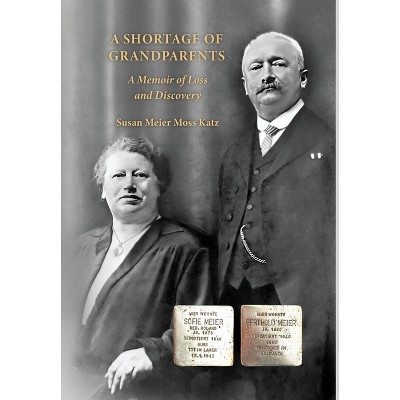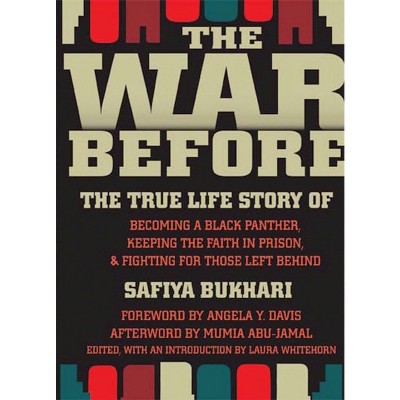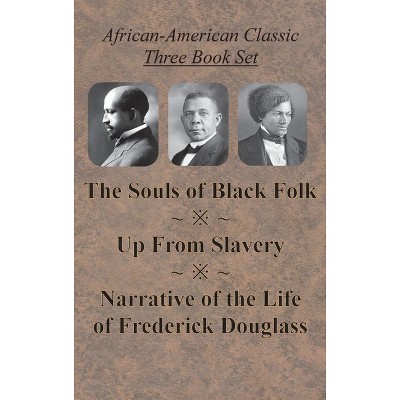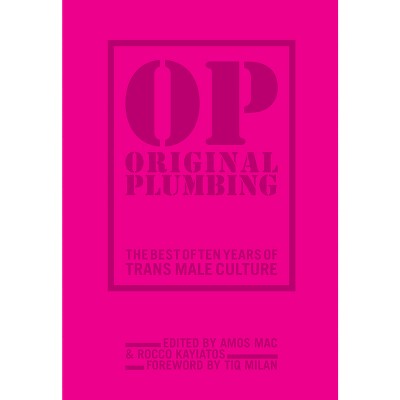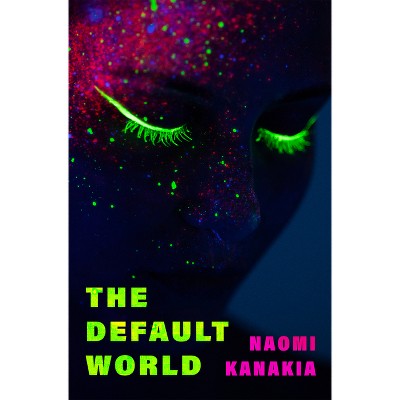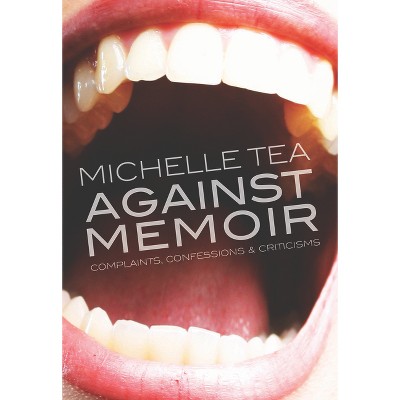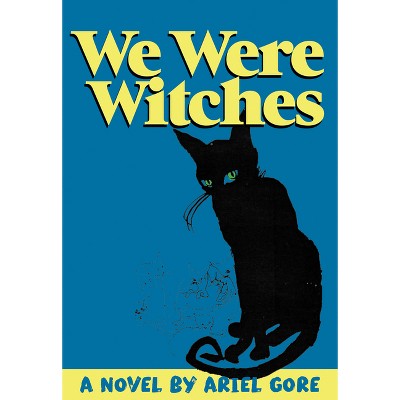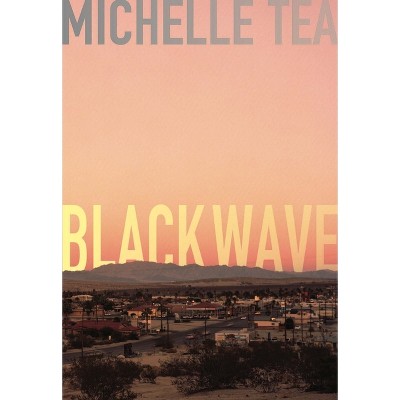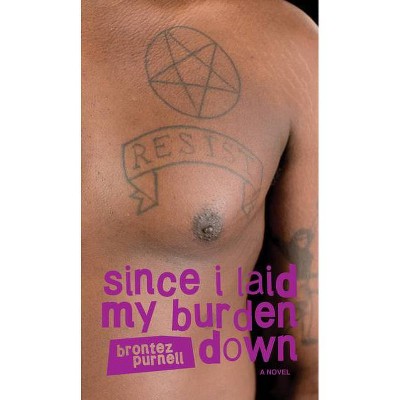Sponsored

A Body Made Home - by K Marshall Green (Paperback)
Pre-order
Sponsored
About this item
Highlights
- A memoir and mythography of a Black trans man's journey from Baby Girl to Black Boi, through gender, race, and trans theory made personalIn a country built on the daily oppression and incarceration of Black people, on the rejection of queer and trans rights, how does a Black trans man become himself or find home?
- About the Author: K. Marshall Green is a writer, organizer, and educator.
- 232 Pages
- Social Science, LGBT Studies
Description
Book Synopsis
A memoir and mythography of a Black trans man's journey from Baby Girl to Black Boi, through gender, race, and trans theory made personal
In a country built on the daily oppression and incarceration of Black people, on the rejection of queer and trans rights, how does a Black trans man become himself or find home? "Home is commonly understood as a place of bodily safety, a place where one can find themselves a resting place, but for me and for many Black queer folk, our bodies most often preclude any home-making with those kinds of securities." It is this reality that spurred K. Marshall Green's investigation into bodies--and the love between them--discounted by the mainstream as deviant, deficient, and defective.
In his powerful debut memoir, Green recounts his lifelong transition from "Baby Girl" to "Black Boi," his current and future self. Laced through his accounts of traversing discrimination, misunderstanding, and abuse from family, society, and academia are experiments in letter writing and biomythography, continuing in the literary tradition of Audre Lorde. Through A Body Made Home, Green explores the long, stuttering arc of transition as a Black queer person in America, recasting visions of home, narratives of metamorphosis, and dreams of freedom.
About the Author
K. Marshall Green is a writer, organizer, and educator. Green received his PhD from the University of Southern California and is assistant professor of Africana studies at the University of Delaware. An interdisciplinary scholar, he employs Black feminist theory, performance studies, and trans studies to investigate forms of self-representation and communal methods of political mobilization by Black queer folk. A founding member of Black Youth Project 100, Green has published and edited work in GLQ: Gay and Lesbian Quarterly, South Atlantic Quarterly, Black Camera, and TSQ: Transgender Studies Quarterly. A Body Made Home is his first book. He lives in Brooklyn, NY.
Shipping details
Return details
Frequently bought together
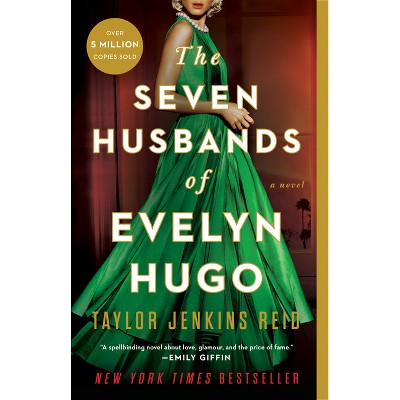
Trending Non-Fiction





